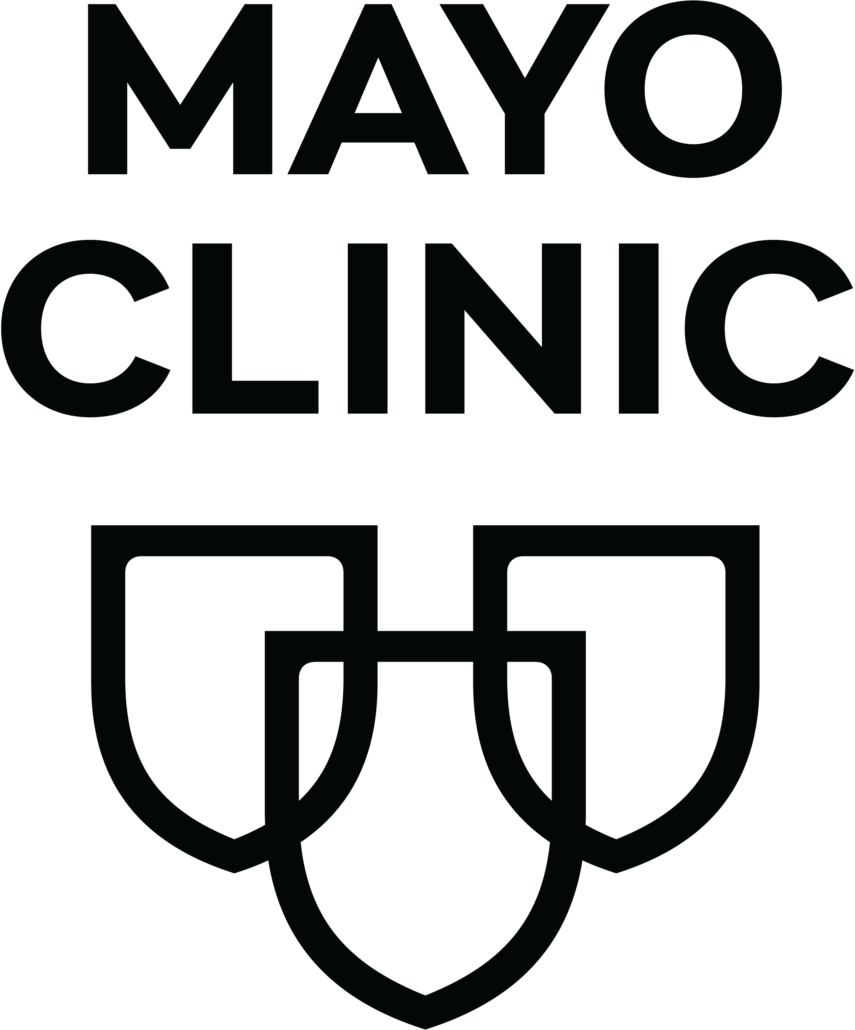Youth Depression Research Study
Researchers at Mayo Clinic are studying the feasibility, safety, and benefits of a new form of TMS treatment for suicidal ideation in adolescents with major depressive disorder.
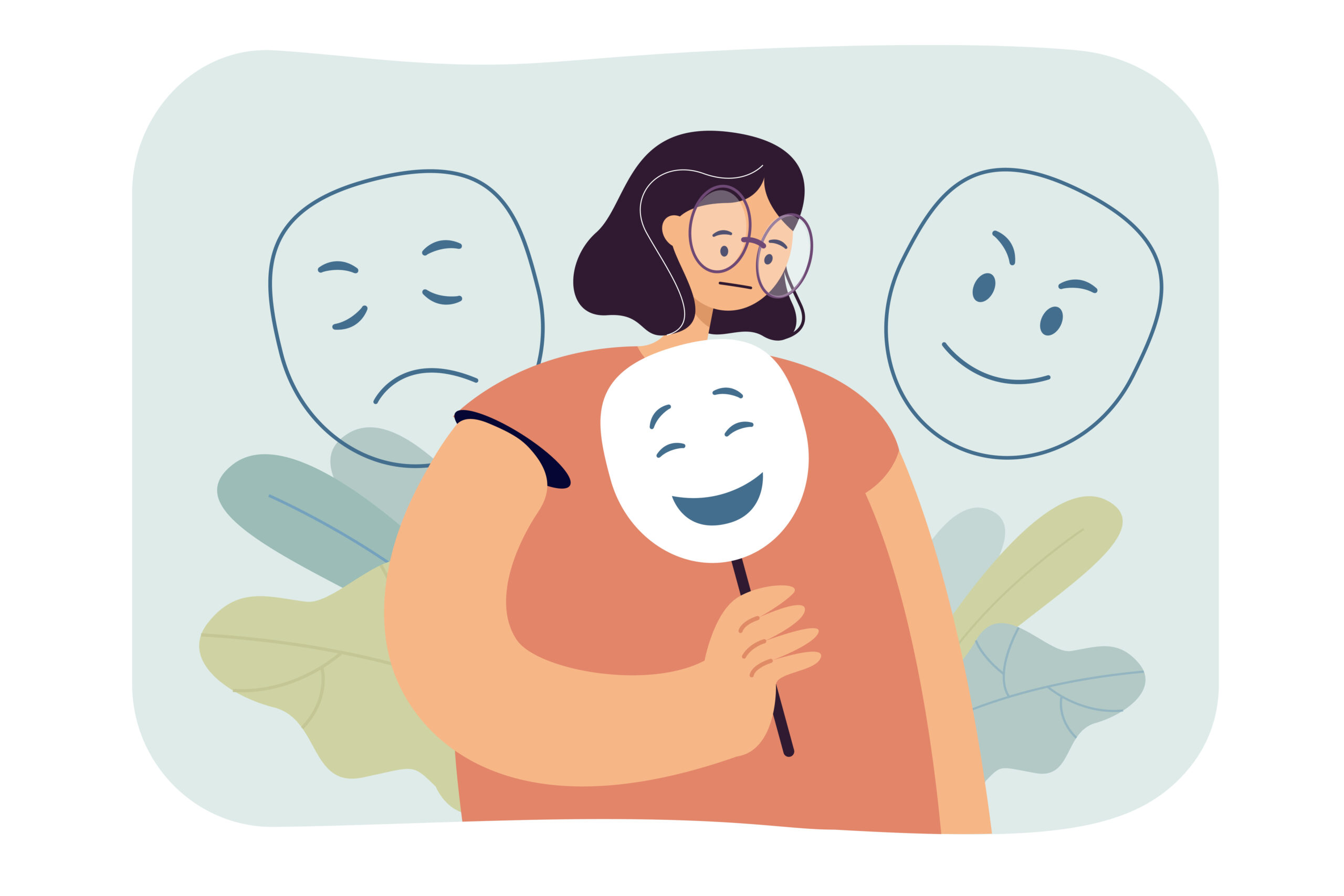
Fast Facts

Child Ages 12-18

Diagnosed with Depression

Compensation Provided

Conducted in Rochester, Minnesota
Study Background
Researchers at Mayo Clinic are studying an investigational treatment called sequential bilateral accelerated theta burst stimulation.
This is a new type of repetitive transcranial magnetic stimulation (TMS) that is delivered to both sides of the brain three times a day for 10 days. Participants in this study will receive a new treatment form of TMS or a sham (placebo) comparison while also participating in talk therapy. We hope to learn if this TMS treatment improves suicidal ideation over 10 days and clinical outcomes over 1 year of follow-up.
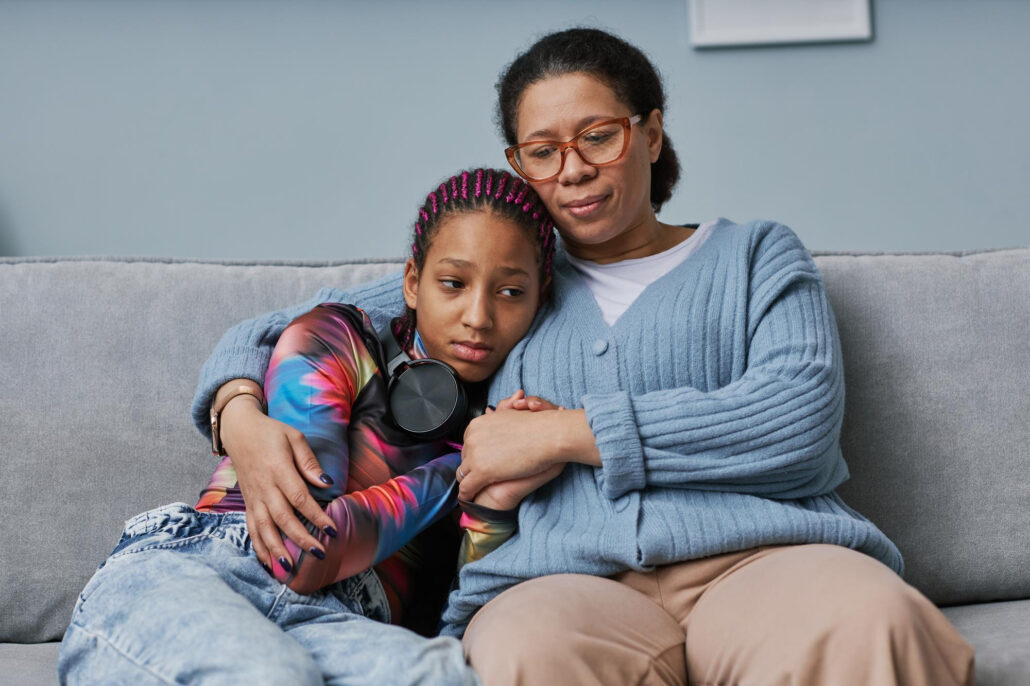
Study Background
Researchers at Mayo Clinic are studying an investigational treatment called sequential bilateral accelerated theta burst stimulation.
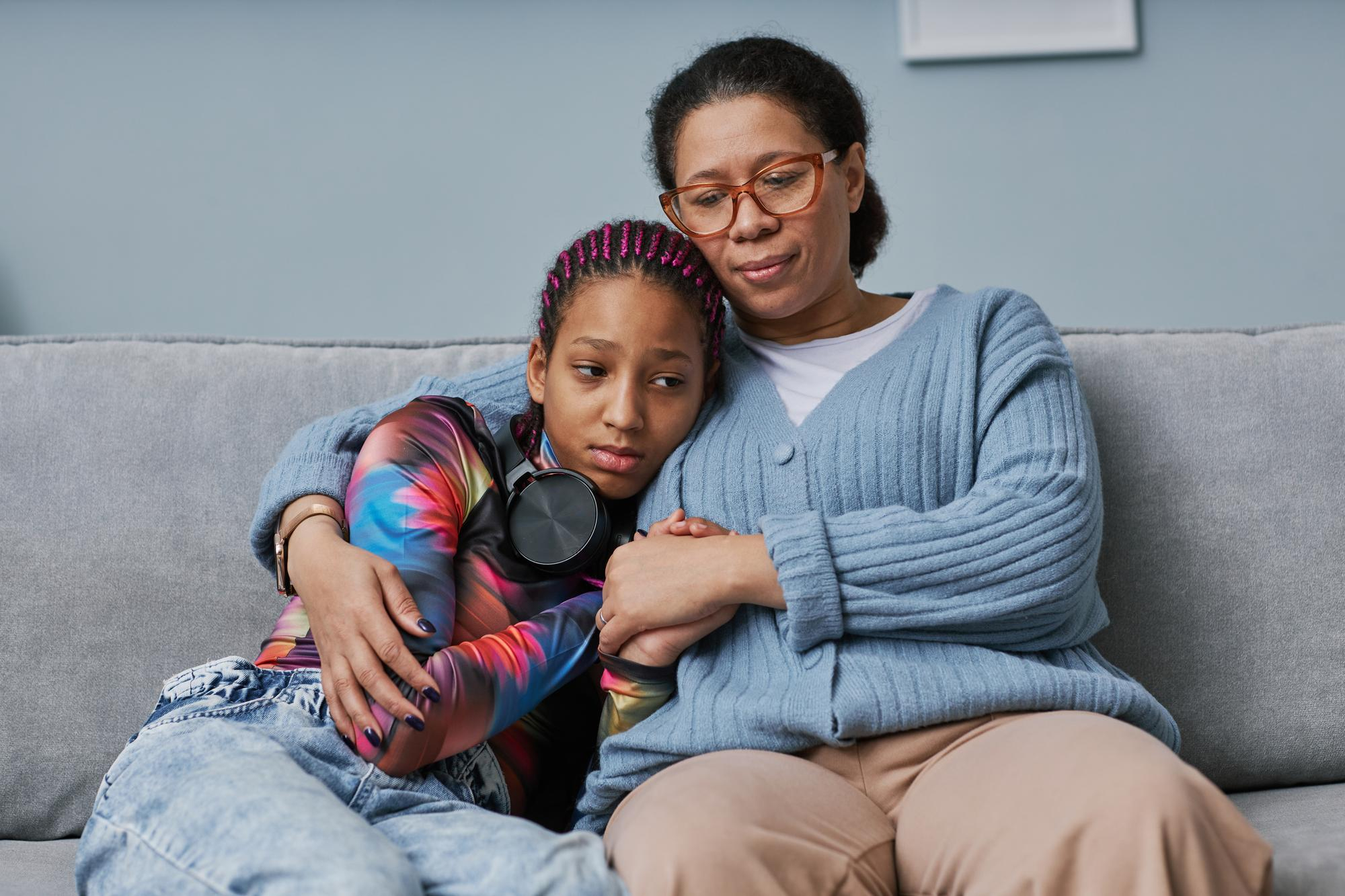
This is a new type of repetitive transcranial magnetic stimulation (TMS) that is delivered to both sides of the brain three times a day for 10 days. Participants in this study will receive a new treatment form of TMS or a sham comparison while also participating in talk therapy. We hope to learn if this TMS treatment improves suicidal ideation over 10 days and clinical outcomes over 1 year of follow-up.
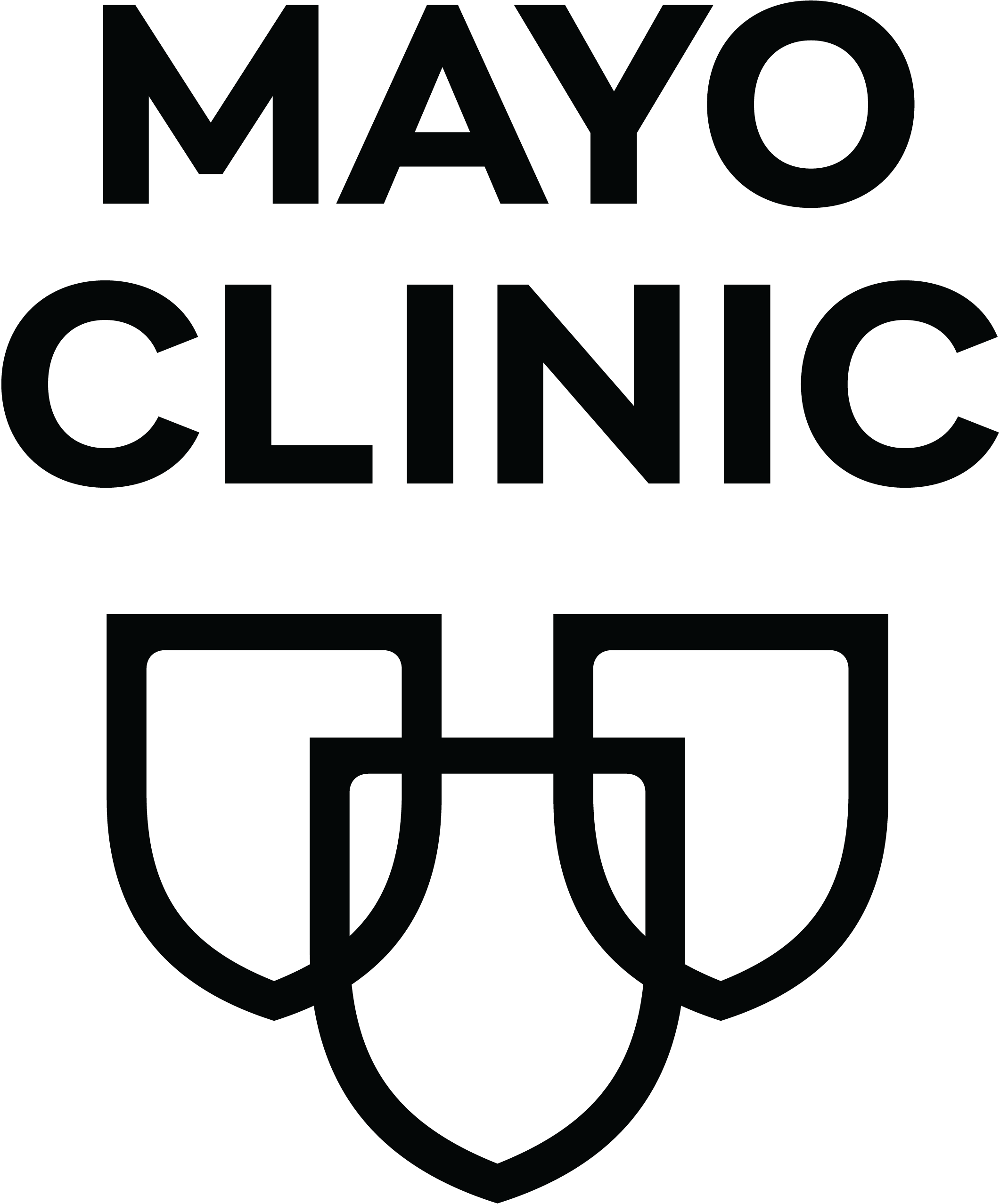
Additional Information
This study aims to determine whether this TMS treatment improves suicidal ideation over 10 days and clinical outcomes over 1 year of follow-up.
You and your child may qualify for this study if you meet the following criteria.
Inclusion Criteria:
- Ages 12-18
- Diagnosed with depression
- Display signs of suicidal ideation
- No history of seizures
- No active substance use (e.g., nicotine, opioids, meth, cocaine)
- Not taking antipsychotic medication (e.g., Risperdal, Zyprexa, Seroquel)
- No taking stimulant medication (e.g., Ritalin, Concerta, Adderall)
If you and your child participate in this study, here is what you can expect:
- During the treatment part of the study, you will have a screening and baseline visit, followed by 10 days of treatment, and finally a post treatment day.
- Each of these visit days are in person and could take up to 5 hours.
- Participation involves completing baseline assessment forms, brain measures, 10 days of treatment with TMS or a sham stimulation, talk therapy, and monthly follow up visits for one year.
- The follow-up appointments can be completed virtually.
Participants are paid $50 for the baseline day, $10 for each treatment day, $50 for the post-treatment day, and $10 for each monthly follow up visit. Participants can earn up to $320 if they complete all study visits.
There is no cost to be in the study, but costs of accommodations and travel is not reimbursed by the study.
